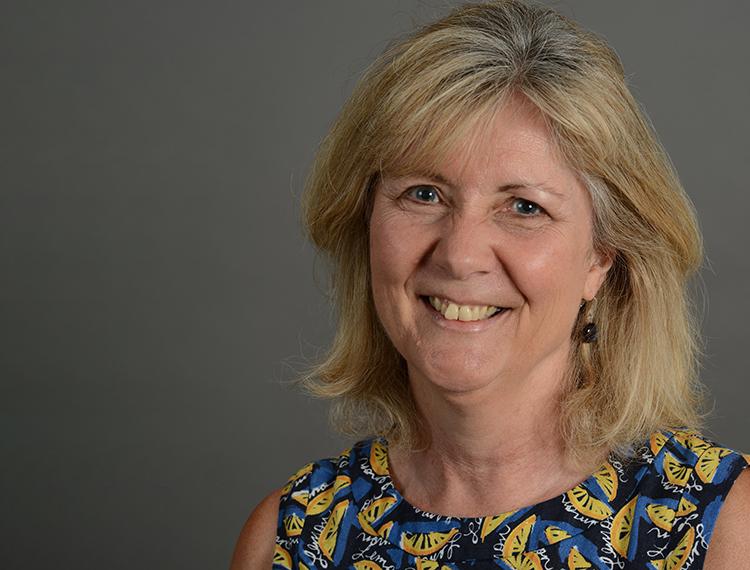QTLS helping more practitioners get the recognition they deserve

Professionalism is central to the mission of the Society for Education and Training (SET). Our goal is to help teachers and trainers develop and improve their skills to enhance their own professional standing, and with it the wider quality and recognition of the education and training system.
At the core of professionalism is demonstrating a commitment to on-going professional development: collaborating with peers, continuously engaging with educational research and putting this into practice. By building dual professionalism and expertise, we want to increase the quality of the educational experience for learners, and the ultimate impact on employers and the economy.
The reformed Qualified Teacher Learning and Skills (QTLS) status embodies this view of professionalism. Underpinned by the 2014 Professional Standards for Teachers and Trainers, the professional formation process enables teachers to develop their pedagogical skills in planning, delivery and assessment, as well as their subject specialist knowledge.
Collaboration with peers is vital
QTLS provides an invaluable opportunity for teachers and trainers to self-assess their skills and experience, continuously improve their practice and channel their enthusiasm for testing out new teaching ideas and strategies. Through the “professional formation” process, practitioners have an opportunity to collaborate with peers in their institutions or networks, as well as work closely with their mentor or ‘supporter’ to bring about developments in their practice and improved outcomes for their learners. Working with peers is at the heart of the changes made to a reformed QTLS in 2016 and is essential to bringing about the continual improvement in teaching and training.
Chris Holton, an Arts and Humanities teacher at a Sixth Form College was awarded QTLS in August last year. He observed how his lessons became more engaging and that feedback from his learners about the quality of his teaching had vastly improved as a result.
“It forced me to challenge my assessment methods. I knew I should have been doing this a couple of years ago but had little drive to improve – QTLS really pushed me. I was encouraged to share this practice with others as a requirement to obtain QTLS, so it helped others to improve their teaching too. I became a fully participating member of my organisation, not just a teacher in the classroom or office. I felt the process fostered a closer professional relationship with my colleagues and encouraged greater discussion about our teaching strategies.”
A tangible impact for teachers and trainers
Almost 1,500 applicants have now undertaken QTLS since the launch in September 2016 of the new and enriched QTLS. Feedback suggests that the developmental process – as well as the invaluable career support provided by SET – is making a real difference to their practice, learner outcomes and organisation.
88 per cent of QTLS applicants in 2017 told us it has had a positive effect on their practice and 87 per cent say it has had a positive impact on their learners. In the last survey we held with applicants, 84 per cent also told us that the process had resulted in a positive impact on their organisation.
Beatrice Etunyi teaches GCSE English and Functional Skills at a London College. She was awarded with QTLS last month and told us that undertaking professional formation has had a significant impact on her practice, learners and organisation.
“During a recent Ofsted inspection, my lesson was graded as outstanding and I had very positive feedback reflecting positively on my organisation as a whole. This is all down to the knowledge and skills I learnt while completing the QTLS. I was able to stretch and challenge my learners effectively and also embed material from their vocational area into the functional skills English lesson I was delivering”
A wider impact for organisations
Increasingly, senior managers are beginning to recognise that in order to improve the quality of teaching and learning, they need to provide an environment in which there are opportunities for teachers to critically reflect and discuss with others the way they teach. The reformed professional formation process provides a framework for this collaborative way of working that is clearly having an impact on teaching standards.
Angela Morris is a college lecturer and tutor in History and Social Policy and she described the impact that gaining QTLS has had on her organisation.
“One of the lasting effects of the QTLS process is that our team have agreed, moving forward, to have more regular meetings to discuss our teaching strategies and our wider subject-specific research.”
The wider recognition that QTLS is receiving, has a real impact on teachers, trainers and their organisations and is in turn making it the gold standard for practitioners and their employers in the sector. In fact, well over a dozen now request holding QTLS as being a key part of their job criteria when recruiting.
Tricia Odell, Head of QTLS and ATS, Education and Training Foundation
The current QTLS registration window is now open until 31 January 2018. Register now and join a network of over 20,000 professionals and colleagues.











Responses